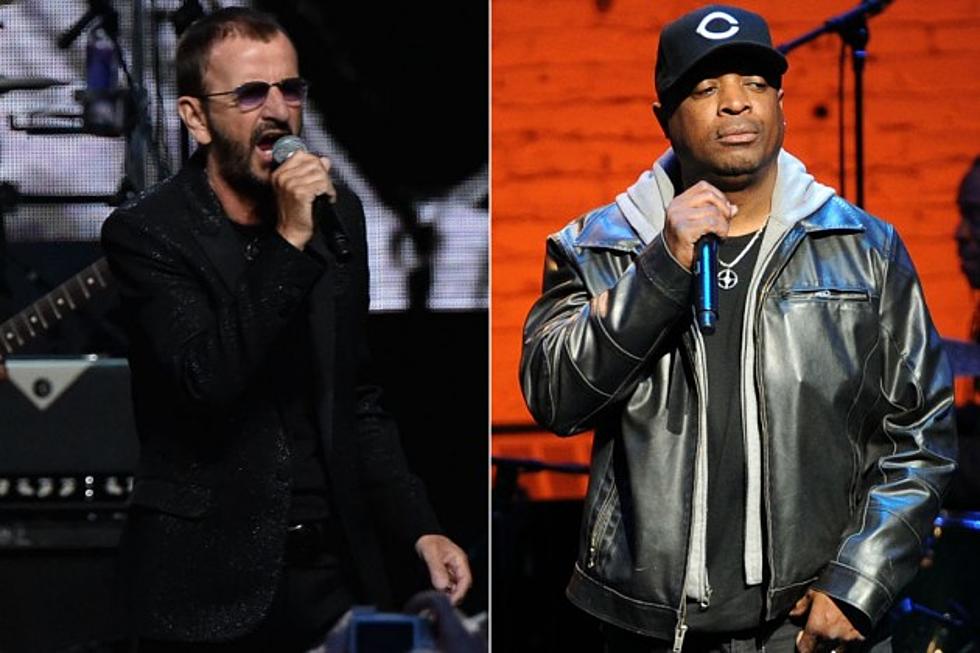
New Study Suggests Hip-Hop Was More Culturally Impactful Than the British Invasion
As far as a lot of listeners are concerned, the Beatles established the template for a substantial portion of the rock bands that followed in their wake. But a new study suggests that they were nowhere near as revolutionary as the hip-hop acts that upended the charts decades later.
The Guardian reports on the research, which was conducted by a group of London academics and attempted to provide a comprehensive overview of musical trends and patterns on the U.S. pop charts between 1960 and 2010. The group's methods pinpointed three years when major changes occurred: 1964, 1983 and 1991.
"For the first time we can measure musical properties in recordings on a large scale," explained the study's lead author, Matthias Mauch. "We can actually go beyond what music experts tell us, or what we know ourselves about them, by looking directly into the songs, measuring their makeup and understanding how they have changed."
The point, as Mauch sees it, is that the data flies in the face of a widespread belief that popular music has grown more homogeneous — or, as he puts it, "worse and worse" — over the past couple of decades. "We didn't really find anything like that," he continued. "There is not an overall trend for the composition, the musical ingredients of the charts, to become less diverse."
In fact, Mauch and his co-authors argue that the advent of hip-hop has had a greater impact on pop than anything in the rock era. Where acts like the Beatles — or the New Wave acts whose embrace of electronic instruments helped change the landscape in 1983 — added their own imprint to sounds and trends that were already there, hip-hop "saved the charts" by reinventing the formula.
Not everyone agrees. The Guardian's report quotes Mike Brocken, a senior lecturer at Liverpool Hope University who also happens to be "director of the world's first Beatles masters degree," as arguing, "Popular music cannot be ‘measured’ in this way – what about reception, the political economy, subcultures? So my first instincts are to question any study that uses the dreaded data analysis."
Pointing out that "semiotic approaches yield far more than chord shapes and time signatures," Brocken agrees that the British Invasion didn't reinvent the wheel — but says that really isn't the point. "Most decent popular music researchers would probably agree that the Beatles were not so much innovators as musical magpies – and that’s not a criticism," he noted. "They, like all of us, listened to all sorts of stuff and were duly inspired."
See the Beatles and Other Rockers in the Top 100 Albums of the '60s
You Think You Know the Beatles?
More From US 103.1 FM


![Jimmy Fallon & Jack Black Masterfully Recreate Extreme’s ‘More Than Words’ [VIDEO]](http://townsquare.media/site/87/files/2015/05/Erik-Z-via-YouTube.jpg?w=980&q=75)





![Two Children Seriously Injured When Tree Falls on Playground [VIDEO]](http://townsquare.media/site/757/files/2015/05/Playground.jpg?w=980&q=75)

